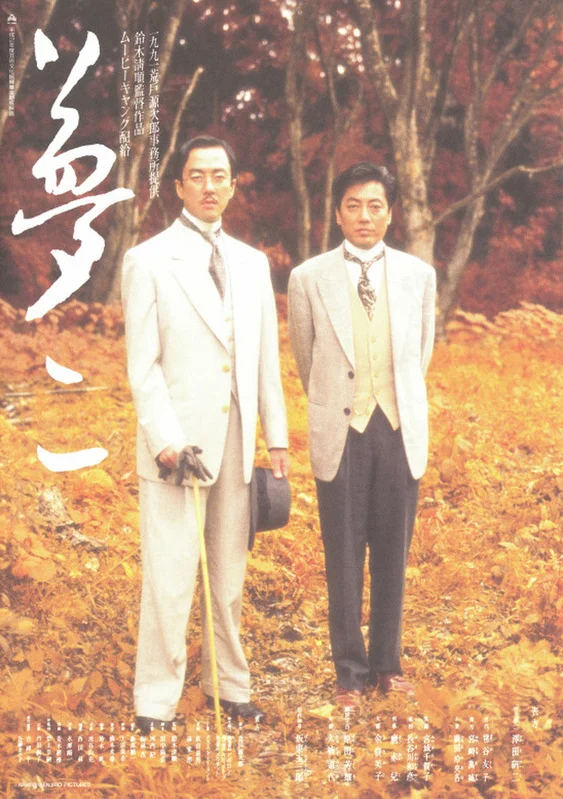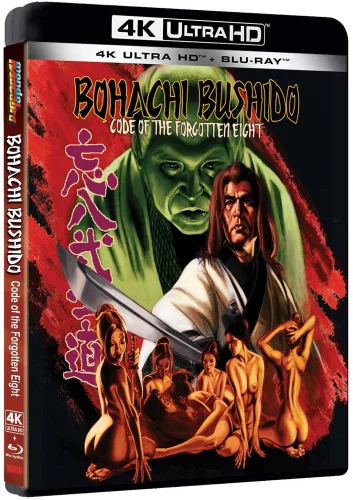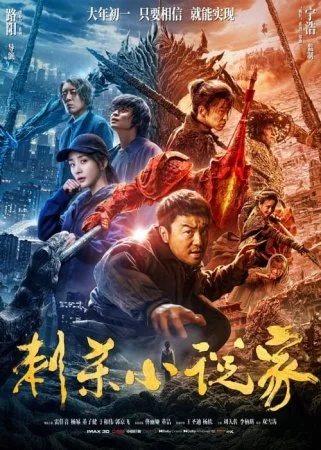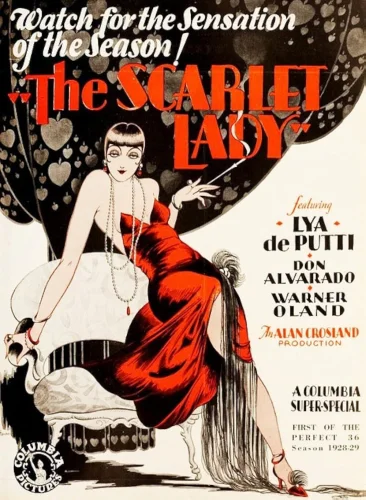Mishima: A Life in Four Chapters 4K 1985 Ultra HD 2160p
A biopic about the life and death of Japanese writer Yukio Mishima, combining biographical facts with dramatized vignettes (all based on his short stories). Schroeder did not limit himself to the usual biopic format, giving the story unprecedented artistic freedom—only in this form is it possible to reflect on the interconnection between art, life, and death. The film conveys not only the aesthetic and political philosophy of Mishima, a nationalist who attempted a military coup and committed the samurai ritual of seppuku, but also raises the eternal questions that also tormented Oscar Wilde, one of the writers who had the greatest influence on Mishima. The dichotomy between the transitory and the immutable, as well as the attitude toward death as the highest aesthetic act, are central “Wildean” questions explored by Schroeder in this expressive cinematic fantasy.
User Review
Any skepticism about watching this film is primarily associated with the name of the director, American Paul Schrader. One might assume that he would be unable to understand and explain to viewers the story of the great Japanese writer Yukio Mishima. The cultural differences are too great.
In addition, people unfamiliar with Mishima's work will probably find it difficult to understand the motives behind his last “stunt” — an attempt to start a military rebellion and commit seppuku after the failure of this venture.
But perhaps it was Paul Schrader who managed to do this masterfully.
Like most stories about Yukio Mishima's life, Paul Schrader's film begins at the end — the last day of the writer's life, when he and several close members of his private military organization, the Shield Society, attempted to stage a coup. The events of that day become the leitmotif for the entire film. Nevertheless, through flashbacks and theatrical reenactments of the writer's novels, the director tells Yukio's story more fully. This approach allows the film to be divided into four parts: Beauty, Art, Action, and Harmony of the Pen and Sword (death) — the main themes raised in Mishima's work.
It is worth mentioning the original visual solutions (the film received the Palme d'Or at the Cannes Film Festival precisely for its artistic contribution). The events of the past appear before the viewer in black and white. These memories are important primarily for the viewer, for understanding the plot and the character of the writer. However, for Mishima himself, these are just secondary, faded, almost mundane scenes. Bright colors and imagery are characteristic of scenes where the theatrical actions of the writer's novels (The Golden Temple, Kyoko's House, and Running Horses) are played out. Incidentally, even within these plots, one can discern the motifs that divide the entire film into chapters. The events of that very day, when the main character and his followers stage a “little performance,” are presented as if at the junction of two layers of the writer's life: his life and his work. On the one hand, the story is told with documentary accuracy, but the colors, ceremoniality, and solemnity of the whole performance may suggest that we are watching a theatrical performance.
The pursuit of beauty and the thirst for death are two seemingly contradictory obsessions of Mishima. Nevertheless, this contradiction is explained by Mishima's conviction that “a man's thirst for beauty is of a completely different nature than a woman's: for a man, it is always a desire for death...” Yukio devoted his life to these abstractions, striving for aesthetics everywhere: in novels, plays, and short stories. Taking up bodybuilding, he perfected his body, wanting to turn the story of his life into something beautiful. But Mishima was convinced that beauty and death were forever linked, complementing each other, and, like the heroes of his works, he had to destroy this beauty, destroy himself.
The director's great achievement is that he managed to convey that there was little politics in Yukio Mishima's actions, that it was not madness or delusion. The writer wanted to make a final gesture in his life, a final “Act,” and had been working toward it for many years. And in the context of the entire life story of the great Japanese writer, such an ending seems appropriate.
If we want to be pedantic, we could say that the film is unlikely to reveal anything new to people familiar with Yukio Mishima's story, and it will not show the casual viewer the full picture of the writer's brilliant life. But it would be difficult to do so in a two-hour film.
Info Video
Codec: HEVC / H.265 (92.7 Mb/s)
Resolution: Native 4K (2160p)
Aspect ratio: 1.85:1
Original aspect ratio: 1.85:1
Info Audio
#Japanese: FLAC 2.0
Multiple languages: FLAC 2.0 (#English + #Japanese)
Multiple languages: Dolby Digital 2.0 (#English + #Japanese)
#English: Dolby Digital 2.0 (Commentary by director/co-writer Paul Schrader and producer Alan Poul)
Info Subtitles
English, Catalan, Dutch, French (Parisian), German, Italian, Portuguese (Brazilian), Spanish (Castilian), Turkish.File size: 81.40 GB

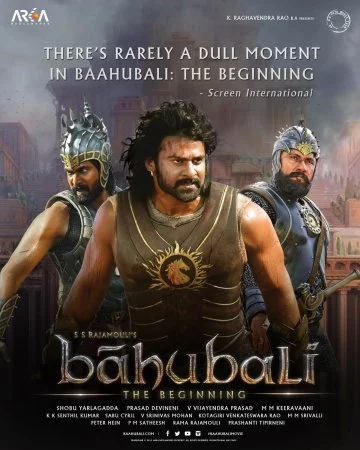

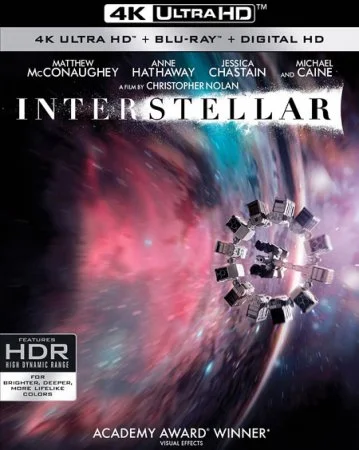
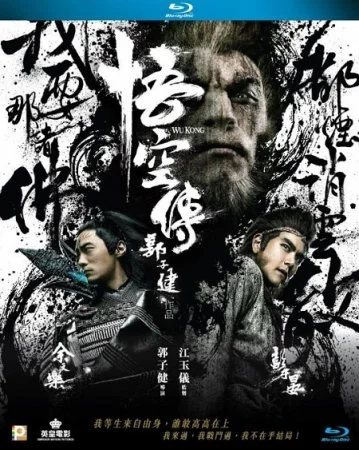
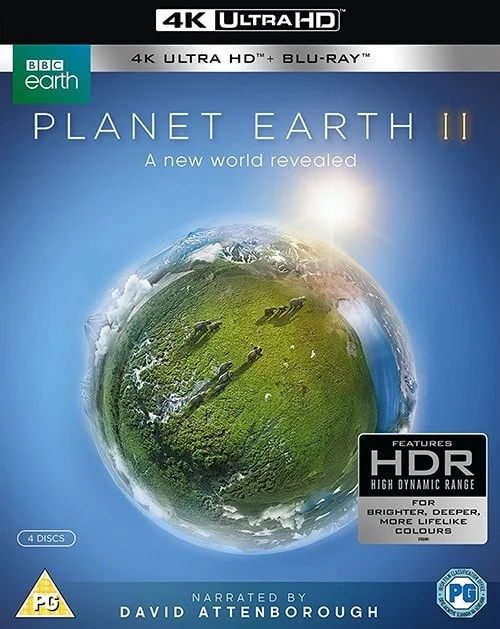


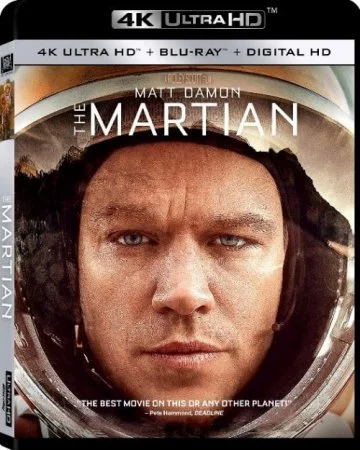
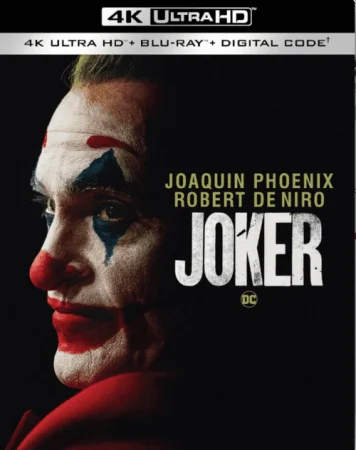
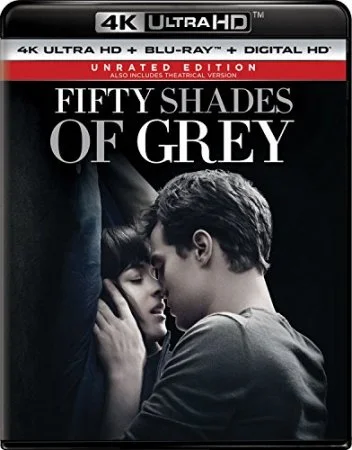
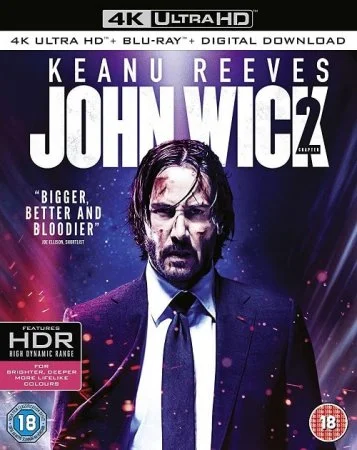

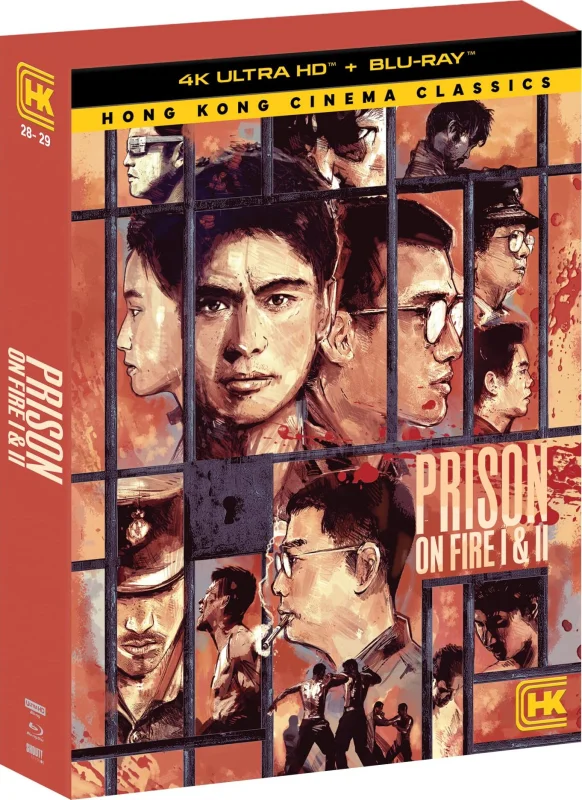
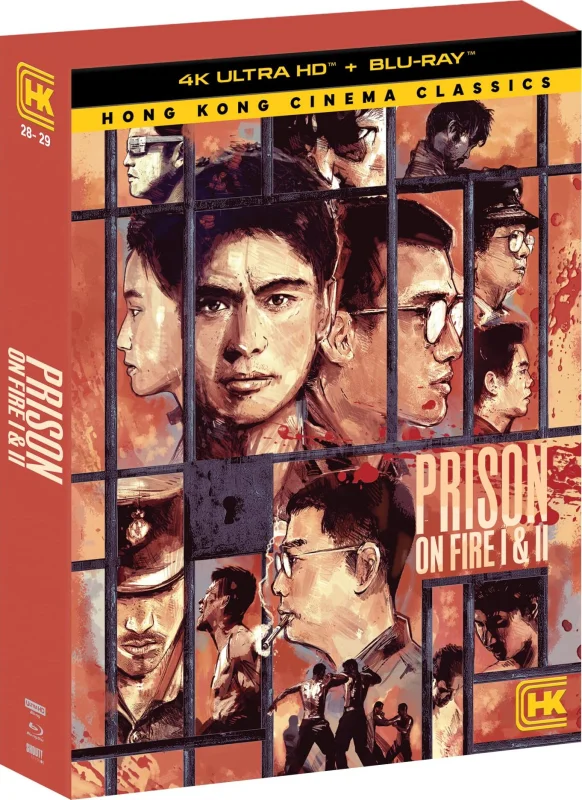
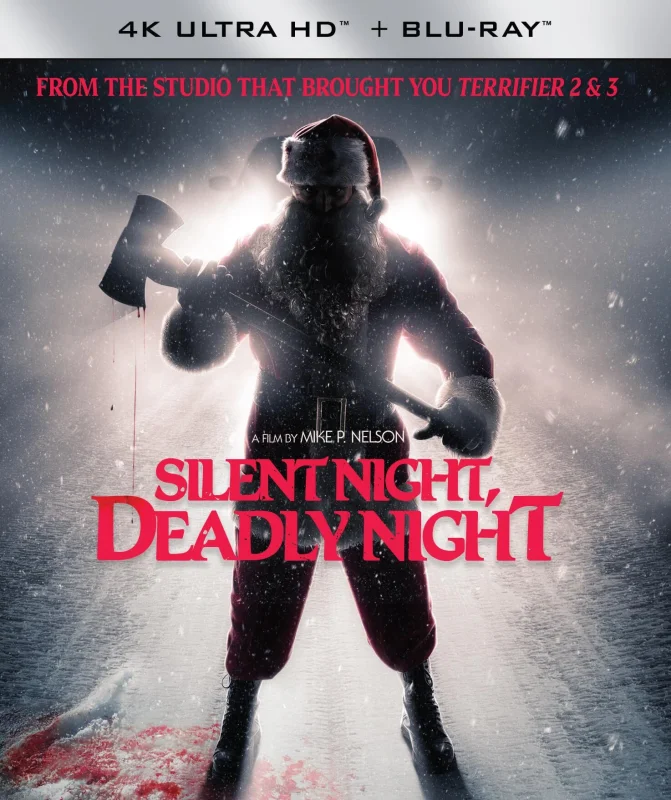
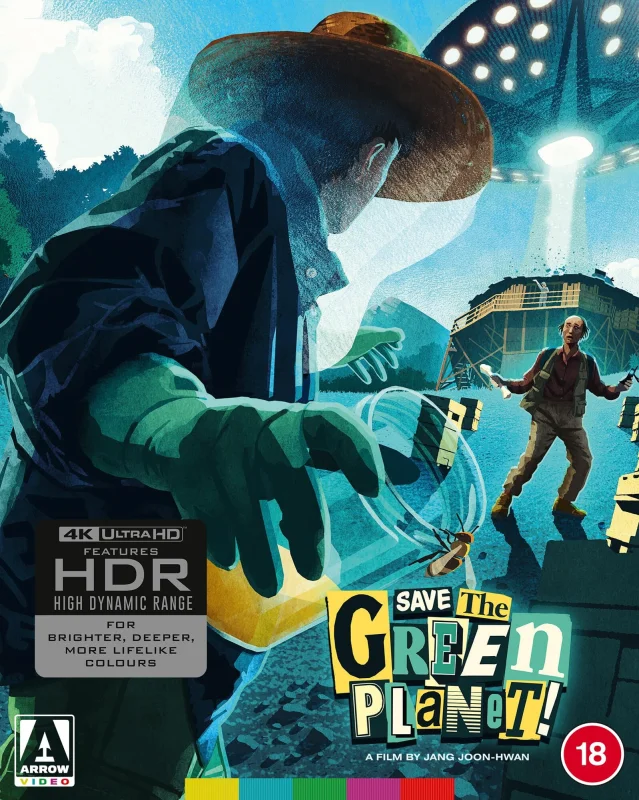



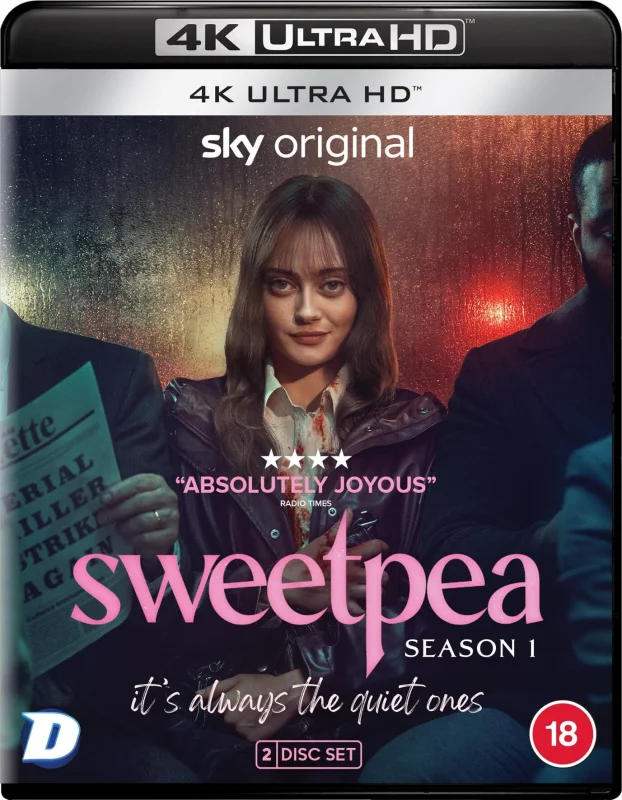
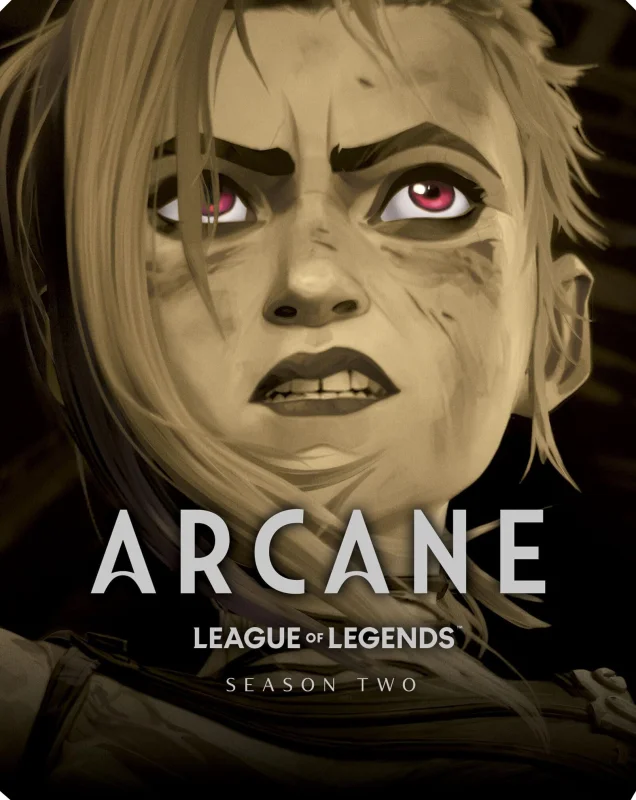
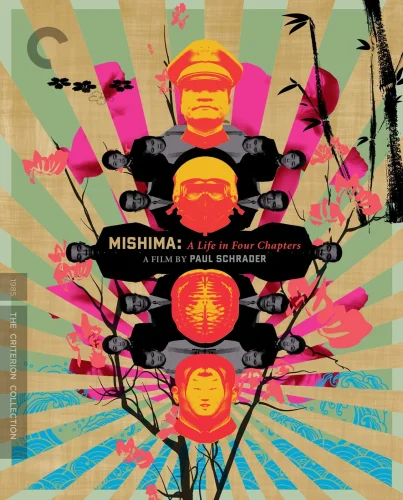
 Like
Like Don't Like
Don't Like